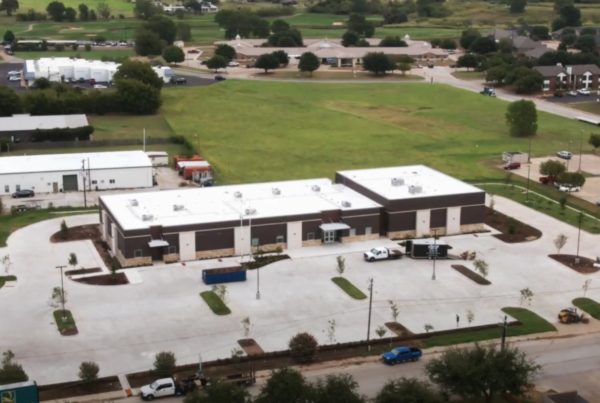One of the exciting aspects of working for Responsive Education Solutions is the opportunity to try out new innovations in education. For a veteran teacher like me, who began teaching Latin in the previous millennium, the use of a phrase like “innovation in education” might seem out of place. After all, students have been learning to read Latin for well over two thousand years now. For almost all that time, Latin has been taught in the same way: a teacher and some students have gathered together in a designated space and have worked their way through Latin grammar and have read the works of famous Romans such as Julius Caesar, Cicero, and Vergil.
While the lessons of virtue, rhetoric, and statesmanship passed on by the Romans continue to have value, our “When-am-I-ever-going-to-use-this?” society continues to plunge into an educational quagmire in which students are taught only things that are regarded as of immediate practical use. Additionally, as higher education budgets dwindle and an undergraduate’s ability to major in any subject other than the most utilitarian becomes more limited, the possibility of spreading far and wide the good news of the Latin language, one of the jewels of classical education’s crown, is seriously impaired.

Students at Tyler Classical Academy study Latin.
Thanks, however, to ResponsiveEd’s willingness to try new educational strategies and our desire to provide private-school-quality educational opportunities to our public school students, I have been able to teach Latin for the past two years from my office in Lewisville, Texas, to a dozen high school students at Tyler Classical Academy, in Tyler, Texas. Even though Tyler Classical Academy has too small a population to warrant hiring a full-time Latin teacher, we still have been able to provide students with the opportunity to study Latin with a teacher who not only is state-certified but who also holds a doctoral degree in Latin and Greek.
Here’s how our Latin class at Tyler Classical Academy works. For three days a week, from my office in Lewisville, I use a laptop computer, web camera, and a teleconferencing platform called Zoom to meet with the students 130 miles away. In Tyler, the students see and hear me via a large monitor that they have in their classroom. The students also have a teacher in the classroom who can troubleshoot any technical difficulties that might arise on their end.
Other than that, the class functions pretty much like any other Latin class I have ever taught over the past three decades. Armed with a standard textbook (Cambridge Latin Course), I teach the students Latin. I can see all the students in their classroom in Tyler, so I call on them to answer various questions and translate Latin just like I would in any other Latin class I have taught. When it’s time for a quiz or a test, I email their teacher in Tyler the quiz or test, he or she prints out the quiz, and then the students take the quiz or test not only under my watchful eye but also under the supervision of their on-site instructor. After the quiz or test, the on-site teacher takes up the papers, scans them into a copier, and emails them to me. I grade the papers, scan them into a copier, and then email them back or share them in my Google Drive with the teacher.
Obviously, with anything involving technology, things can go wrong. Internet connections become unstable from time to time, but overall the system has worked pretty well. On the whole, the Tyler students have been successful in their study of Latin and we are planning to continue offering a distance Latin class next year at the campus. I look forward to continuing to provide “hope for students through educational options that promote a free society and cultivate moral and academic excellence.”
![]()




